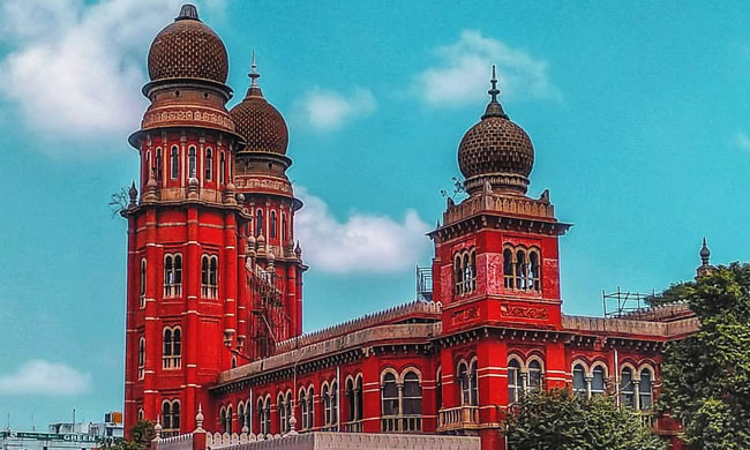Madras High Court Contemplating Appointment Of Ad-Hoc Judges To Clear Backlog Of Over 5.8 Lakh Cases
Sparsh Upadhyay
27 Jun 2021 4:49 PM IST

Next Story
27 Jun 2021 4:49 PM IST
To reduce the backlog of over 5.8 lakhs cases pending before it, the Madras High Court is contemplating the appointment of retired High Court judges as ad-hoc judges, 'The Hindu' has reported.As per the reports, the proposal to appoint ad-hoc judges is under active consideration of the Madras High Court and that Chief Justice Sanjib Banerjee will be taking a call on the suitable...
